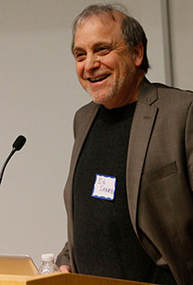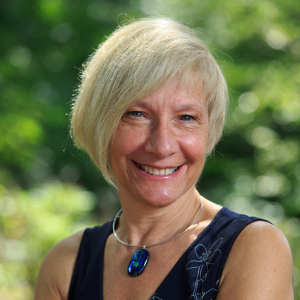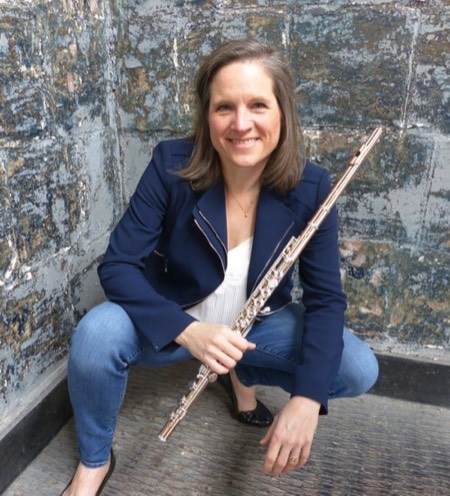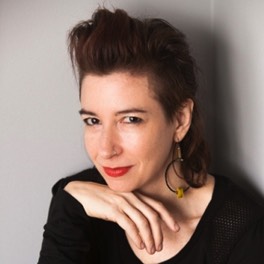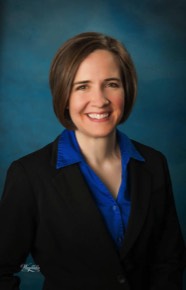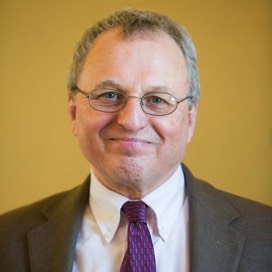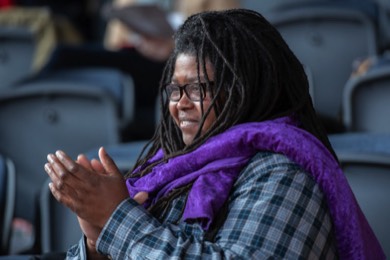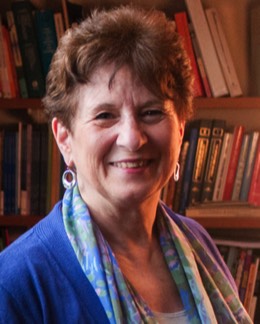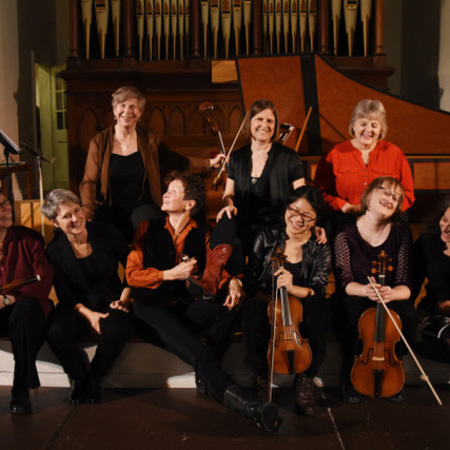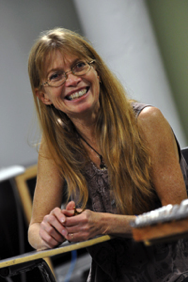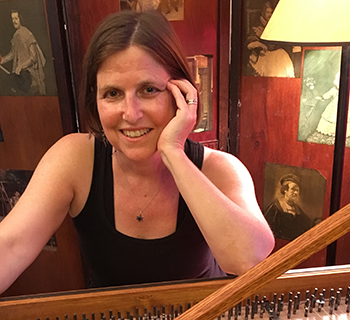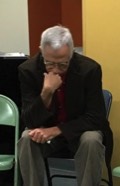Ed Sarath is Professor of Music at the University of Michigan, where he heads the Program in Creativity and Consciousness Studies and is designer of the BFA in Jazz and Contemplative Studies. He is active as performer, composer, recording artist and author/scholar. Two of his books—Improvisation, Creativity and Consciousness, and Black Music Matters—are the first to apply principles of an emergent worldview called Integral Theory to music.
Suzanne B Hanser, EdD, MT-BC is Professor and Chair Emerita of the Music Therapy Department at Berklee College of Music. Dr. Hanser is Past President of both the World Federation of Music Therapy and the National Association for Music Therapy. She established the music therapy program at the Leonard P. Zakim Center for Integrative Therapies at Dana-Farber Cancer Institute, and is also a Resident Scholar at the Women’s Studies Research Center at Brandeis University. Dr. Hanser is the author of The New Music Therapist's Handbook, and co-author of Manage Your Stress and Pain, book and CD, with Dr. Susan Mandel, and Integrative Health through Music Therapy: Accompanying the Journey from Illness to Wellness. In 2006 Dr. Hanser was named by the Boston Globe as one of eleven Bostonians Changing the World. She is the recipient of a National Research Service Award from NIA, the Sage Publications Prize, and the American Music Therapy Association’s Lifetime Achievement Award.
Uncovering the intimate relationship between the best musical expression and movement is Vanessa Breault Mulvey’s mission. A Licensed Andover Educator, she utilizes Body Mapping along with experience in Pilates, Feldenkrais, flying trapeze, and natural movement to guide musicians to move beyond limitation and pain to uncover their true expressive voice. An engaging clinician, Mulvey has presented workshops around the world for musicians, venues include: British Isles Music Festival, Trevor Wye’s Boston Master Classes, Harvard University, National Association for Music Education Conferences, Boston Flute Academy. Mulvey's writings on flute playing, Body Mapping, and pedagogy have been published in the Flute Focus online journal, Flute Talk magazine, and quoted in Amy Nathan’s books including her newest, The Music Parent’s Survival Guide (Oxford). Stephanie Loveless is a sound and media artist whose research centers on listening and vocal embodiment. Her recent projects include a mobile web-app for geo-located listening, and sound works that channel the voices of plants, animals, and musical divas.
Loveless’ sound, video and performance work has been presented widely in festivals, galleries, museums and artist-run centers in North America, South America, Europe and the Middle East. She holds MFAs from Bard College and Rensselaer Polytechnic Institute, and a certification in Deep Listening with composer Pauline Oliveros.
Karin Hendricks is Associate Professor of Music Education and Chair of Music Education at Boston University. She is a regular orchestra clinician, adjudicator, and workshop presenter throughout the United States and abroad and has won local, state, and national teaching awards. Dr. Hendricks has served as national secretary and research committee chair for the American String Teachers Association and was the 2018 recipient of the ASTA “String Researcher” Award. She conducts research in music psychology, motivation, and social justice, and has published dozens of papers in prestigious research journals and books. Dr. Hendricks has published four books, including Compassionate Music Teaching.
Jared Kass is a Senior Professor in the Division of Counseling and Psychology at Lesley University, a Visiting Scholar at the Benson-Henry Institute for Mind-Body Medicine at Mass General Hospital, and a Fulbright Specialist in Global/Public Health. Professor Kass has developed a contemplative self-inquiry curriculum, Know Your Self, that employs mindfulness practices which help university students strengthen psychological resilience and build culturally inclusive community through psychospiritual self-investigation and intensive group dialogue. Research on the effectiveness of the curriculum was presented in his book, A Person-Centered Approach to Psychospiritual Maturation: Mentoring Psychological Resilience and Inclusive Community in Higher Education (Palgrave MacMillan, 2017).
Music plays a central role in this contemplative self-inquiry curriculum. It helps students open their emotional hearts, experience a core dimension of self, and build connective community.
A native of Stafford, Virginia, Melika M. Fitzhugh (A.B. Harvard-Radcliffe: Music Theory and Composition, M.M. Longy School of Bard College: Composition) is an internationally -performed composer. Mel was a member of Just In Time Composers and Players and is currently a member of world/early music ensemble Urban Myth and the early music ensemble Quilisma Consort, in addition to playing bass guitar with acoustic rock singer/songwriter Emmy Cerra, the ambient rock band Rose Cabal, the symphonic metal band Illusion’s End, and the Balkan folk dance band Balkan Fields. Mel enjoys teaching and playing a variety of instruments for folk dance ensembles, including: violin/viola/violoncello/double bass; acoustic guitar/bass; recorders; flute; clarinet; saxophone; trumpet; hand percussion including dumbek/djembe/kahoun.
Kathleen Camara is Professor Emeritus at Tufts University in the Department of Education and Human Development. She has worked extensively with community music programs across the nation that bring improvisatory practices, particularly those informed by black American music, into inner city music studies. She has presented on spirituality and creativity as Internatonal Society for Music Education, Research in Music Education, College Music Society, and International Society for Improvised Music conferences around the nation and globe.
Eudaimonia is a vibrant and individualistic orchestra that uses its musical work to lift up the social and humanitarian work going on around us. Bringing together some of the Boston area’s most creative performers in the historical performance field, Eudaimonia seeks to benefit those in profound need in our immediate environs. As an artistic collective, we build upon shared ideals, ignited spirits, and a desire for healthy collaboration. Each concert presented by this flexible ensemble is presented in partnership with, and in support of, an existing Boston-based social service or initiative. The word eudaimonia refers to the richest, most expansive form of happiness, defined in ancient philosophy as a sense of well-being associated with a noble purpose or engagement in meaningful activities. Happiness, even that brought about by music, is more than pleasure: it comes out of living in accordance with one’s “daimon” – or true Self (spirit).
Dr. Linda J. Chase is a composer, ecophilosopher, and flutist. Her music weaves elements of chamber music, jazz, and contemporary improvisation with spoken word and interdisciplinary arts. She has received composition awards from places including the Japan Foundation, Grand Canyon National Park, Kaji Aso Studio, the Morris Graves Institute, and the American Society of Composers, Authors and Publishers, among other places. She is an active member of the Landscape Music Composers Network. In 2016 and 2017, Chase served as composer in residence at the Old Cambridge Baptist Church, where she collaborated with Reverend Dr. Harvey G. Cox to create "The City Is Burning", a multimedia oratorio based on multifaith sacred texts. This work contemplates how the arts can build community, nurture compassion, and deepen awareness that inspires action. Dr. Vivian Montgomery is a multi-faceted musician — harpsichordist, accordionist, conductor, teacher, musicologist, church musician — and a conference host. Her ensemble, Eudaimonia (meaning literally "the state of having a good indwelling spirit, a good genius") is a baroque orchestra with a mission of assisting organizations who do good work to gain wider recognition. John Morrison has developed the use of contemplative methods in composing and teaching music for over thirty years. A practitioner of Zen, John teaches courses such as Just Listen and Contemplating Music at the Longy School of Music of Bard College in Cambridge, MA. John is founder of the Greater Boston Center for Contemplative Mind in Music, a sponsor of the conference.
